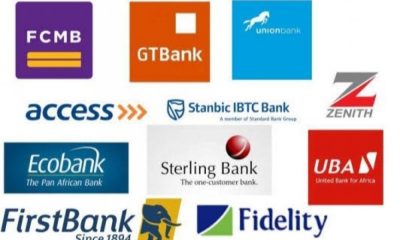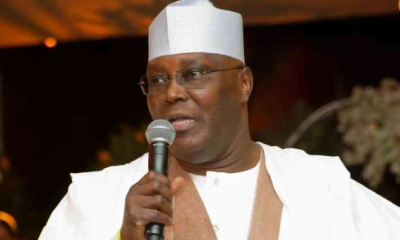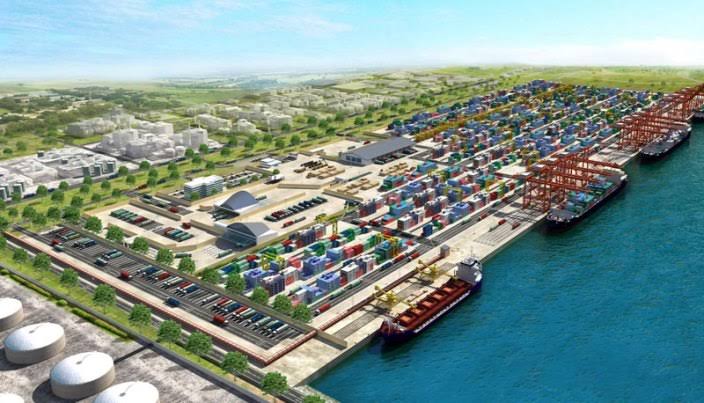By Odunewu Segun
Moody’s Investors Service has today downgraded the Government of Nigeria’s long-term issuer and senior unsecured debt rating to B2 from B1 and the senior unsecured MTN program rating and the provisional senior unsecured debt rating to (P) B2 from (P) B1. The rating outlook remains stable.
According to Moody, Nigeria’s efforts to address the key structural weakness exposed by the oil price shock by broadening the non-oil revenue base have so far proven largely unsuccessful.
And as a consequence, while debt levels remain contained and notwithstanding recent cyclical improvements, the government’s balance sheet remains structurally exposed to further economic or financial shocks, with interest payments very high relative to revenues and deficits elevated despite cuts in capital spending.
Moody, however said the stable outlook reflects the fact that the likelihood of a shock occurring that would further impair Nigeria’s economic and fiscal strength remains low, with external vulnerabilities having receded supported by the rebound in oil production, the current account projected to remain in surplus, and reserves boosted through external borrowings and increased foreign capital inflows. Medium-term growth prospects are also credit supportive.
The damage wrought by the oil price shock has not yet been undone, and the downgrade reflects Moody’s view that this weakness in Nigeria’s public finances will remain for some years to come; Moody’s forecasts general government revenue to average only 6.4% of GDP over 2017-2019, the lowest level of any sovereign rated by Moody’s.
ALSO SEE: IMF warns Nigeria against refinancing local debts with foreign loans
It said government’s efforts to increase non-oil revenue since late 2015, which have focused on improving compliance and broadening the tax base, have been limited and negatively impacted by a contractionary environment in 2016.
National Daily gathered that the first driver of the rating action was Nigeria’s slower than anticipated progress in addressing its key structural weakness, which is its significant reliance on a single sector to drive government revenues as well as growth and exports.
The rating could change, according to Moody, if there is the successful implementation of structural reforms, particularly with respect to public resource management and the broadening of the revenue base.
Also, there is the need for material improvement in institutional strength with respect to corruption, government effectiveness, and the rule of law; and the rebuilding of large financial buffers sufficient to shelter the economy against a prolonged period of oil price and production volatility.

 Football7 days ago
Football7 days ago
 Health & Fitness18 hours ago
Health & Fitness18 hours ago
 Aviation1 week ago
Aviation1 week ago
 Featured5 days ago
Featured5 days ago
 Comments and Issues6 days ago
Comments and Issues6 days ago
 Education6 days ago
Education6 days ago
 Business6 days ago
Business6 days ago
 Education1 week ago
Education1 week ago












